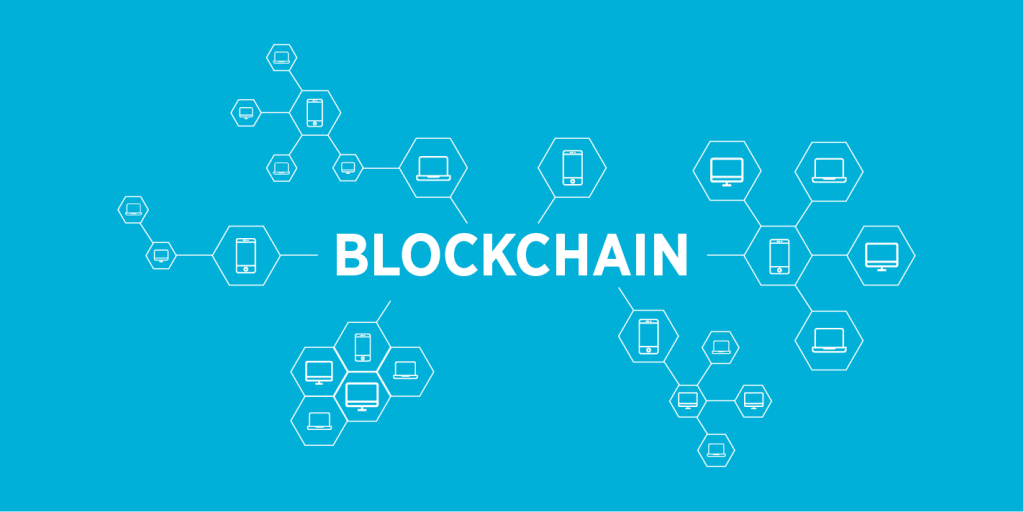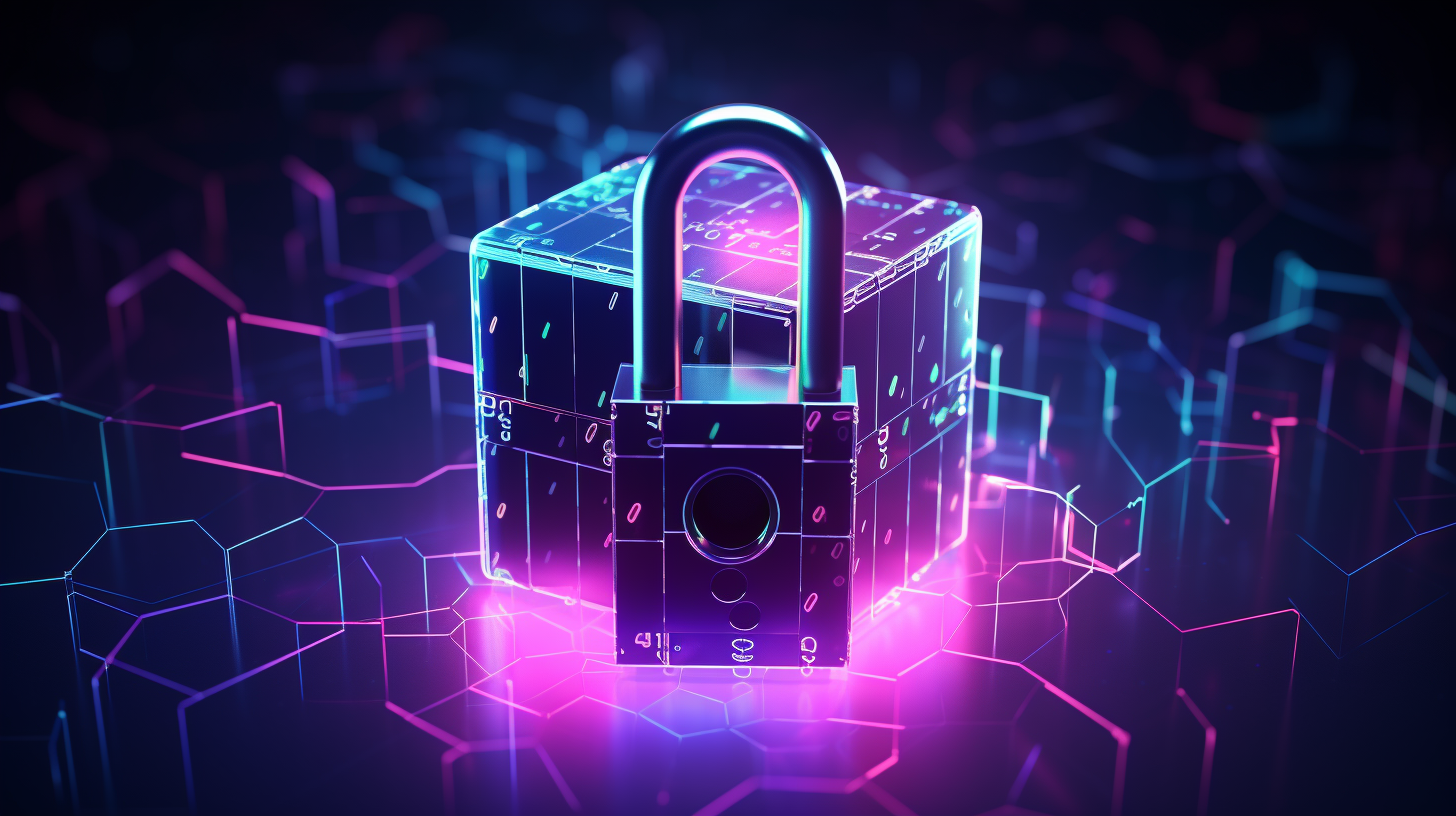Top 5 Blockchain Security Companies to Safeguard Digital Assets in 2023
The rise of blockchain technology has led to increased demand for security solutions tailored to decentralized networks. As more enterprises adopt blockchain, identifying reputable security providers is crucial for safeguarding digital assets and transactions. This article examines the top criteria for evaluating blockchain security companies and provides a comparison of the leading providers in 2023.
Why Blockchain Security Matters
Blockchain offers inherent security benefits through its distributed ledger structure. However, risks still exist from vulnerabilities like faulty code, 51% attacks, and insecure keys. Hacking incidents at major exchanges like Mt.Gox have demonstrated the need for robust blockchain security.
Specialized security solutions are necessary for managing threats across public, private and consortium blockchains. Security providers offer services for governance, access control, key management, auditing, and more. Selecting proven vendors is key to reducing attack surfaces.
Criteria for Choosing Top Providers
Several factors should be considered when selecting a blockchain security partner:
- Technology – Proprietary cryptographic algorithms, key management protocols, and threat monitoring capabilities.
- Experience – Years securing major blockchain networks and clients. Knowledgeable team with blockchain expertise.
- Reliability – Reputable clientele and partnerships. Comprehensive insurance policies.
- Support – Robust customer support and responsive account management.
- Cost – Competitive and flexible pricing suited for different needs.
- Compliance – Adherence to regulatory standards like HIPAA, SOC2, ISO 27001.
- Innovation – Continuous platform enhancements and new feature development.
Comparison of the Top 5 Blockchain Security Companies
| Provider | Notable Clients | Core Services | Pricing |
|---|---|---|---|
| Cisco | JP Morgan, Microsoft, Hyperledger | Network security, identity services, fraud detection. | Enterprise licensing model. |
| Hdac | Hyundai, Samsung, LG | Decentralized PKI, biometric authentication, IoT security. | Volume-based pricing. |
| BitGo | PayPal, Robinhood, Coinbase | Custodial services, wallet management, treasury tools. | Tiered monthly plans. |
| BitShield | Visa, AMD, Comcast | Key management, auditing, governance frameworks. | Custom quotes. |
| Xage | US Air Force, Chevron, IBM | Zero trust security, end-to-end encryption. | Annual contracts. |
Cisco
Cisco offers industry-leading firewalls, intrusion prevention systems, and VPN solutions tailored for blockchain workloads. Their unified cybersecurity portfolio integrates with major cloud providers and covers on-prem infrastructure.
Hdac
Hdac focuses on decentralized identity and access management. Their HYDRA protocol offers biometric authentication and supports confidential transactions across IoT networks.
BitGo
BitGo provides institutional-grade custody, trading, and liquidity services. Their multi-signature wallets and policy enforcement engines enable secure business processes.
BitShield
BitShield supplies hardware security modules, key orchestration, and governance frameworks. They focus on cryptographic key lifecycle management and auditing for enterprises.
Xage
Xage offers a blockchain-enabled zero trust security platform. Their authentication fabric provides end-to-end encryption and access control for devices and data.
Conclusion
Ensuring blockchain security requires partnering with seasoned solution providers. The top vendors featured offer robust capabilities for guarding networks, managing keys, monitoring threats, and governing access. Enterprises should evaluate options based on their specific requirements and risk appetite. With the right security partner, blockchain technology can be harnessed safely for business value.
FAQs
Q: What are the main blockchain security risks?
A: Key vulnerabilities include faulty contracts, 51% attacks, weak encryption, unauthorized access, insecure APIs, wallet thefts, and internal exploits.
Q: Why are dedicated security solutions needed versus relying solely on blockchain?
A: Native blockchain security properties provide a foundation, but additional controls are needed for governance, access management, auditing, threat detection, and key management.
Q: How can blockchain improve security compared to traditional systems?
A: Benefits include immutable distributed ledgers, transparency, cryptographic signing, consensus mechanisms, and decentralization. However, diligent security is still required.
Q: What regulatory compliance do blockchain security companies adhere to?
A: Leading providers comply with standards like SOC 2, ISO 27001, PCI DSS, HIPAA, GDPR, and more based on their target customers.
Q: How are pricing models structured for blockchain security services?
A: Pricing varies across providers. Common options include volume-based, tiered subscriptions, enterprise licensing, custom quotes, and annual contracts.
Q: How can I evaluate security providers for my needs?
A: Assess their technology, experience, reliability, support, costs, compliance, and clientele. Validate capabilities against your use cases and risk tolerance.
Q: What new security capabilities are emerging for blockchain?
A: Innovations in decentralized identity, zero trust models, confidential computing, threat intelligence sharing, on-chain analytics, and Web3 security.
Q: How does blockchain security for enterprises differ from individuals?
A: Enterprises demand extensive controls around governance, access, auditing, infrastructure security, and compliance not always needed by individuals.
Q: What questions should I ask vendors when evaluating blockchain security?
A: Target areas like encryption methods, key management, audit trails, access controls, threat monitoring, support models, roadmap, and customer success stories.

Soraya Marlar is a 43-year-old cryptocurrency trader and analyst. She got her start in the financial world as a stockbroker in the late 1990s, and has been involved in the crypto market since early 2017. Soraya is highly respected within the crypto community for her trading skills and market analysis.


